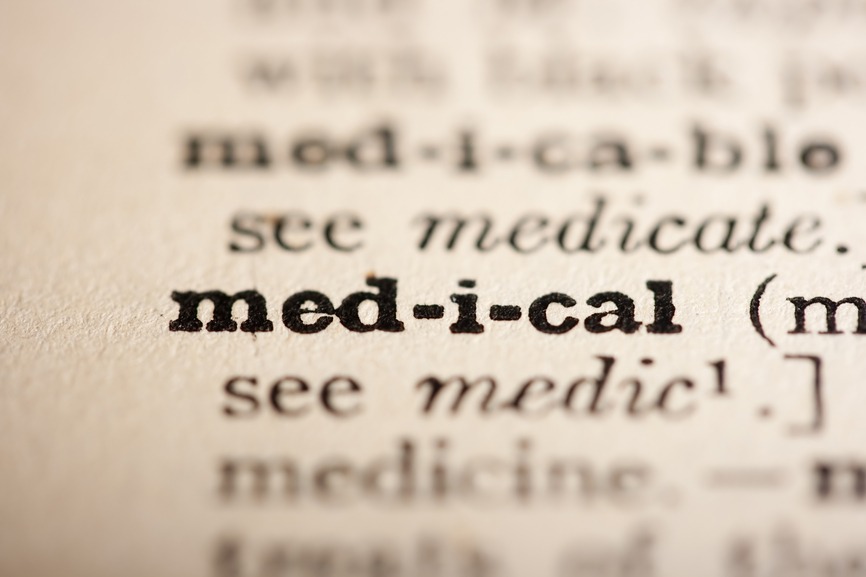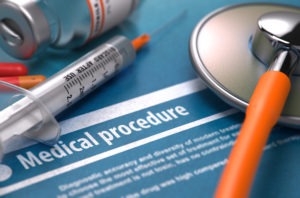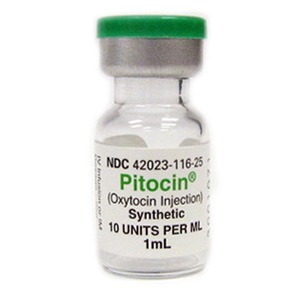
Inadequate diagnoses occur when a doctor makes the wrong diagnosis of a patient’s medical condition or makes the correct diagnosis after an unacceptable delay. Either way, the patient does not receive a timely and accurate diagnosis, which may make his or her illness more difficult to treat. A doctor who makes an inadequate diagnosis may be liable for medical malpractice.
Wrongful Diagnosis vs. Delayed Diagnosis
The two main types of inadequate diagnoses are misdiagnosis and delayed diagnosis. Both are significant medical errors that can harm patients.
Misdiagnosis or Incorrect Diagnosis
In a misdiagnosis or incorrect diagnosis, the doctor diagnoses the patient with the incorrect condition or fails to make a timely diagnosis. For instance, a patient visits his or her doctor with chest pain. After the doctor performs a few tests, he or she assures the patient it is a minor issue—acid reflux or indigestion.
The patient, relieved, returns home and ignores any further pain. A few days later, the patient is climbing a flight of stairs when his or her chest tightens up. The patient collapses, then awakens in the hospital to learn he or she had a heart attack.
In this situation, the doctor made a wrongful diagnosis, which led to the patient suffering a heart attack that he or she may have been able to avoid with a correct diagnosis and early intervention.
Delayed Diagnosis
In a delayed diagnosis, the doctor makes the correct diagnosis, but only after an unacceptable delay. The challenge in holding a doctor liable for medical malpractice for a delayed diagnosis is proving the doctor had enough information to have made the correct diagnosis earlier.
Inadequate Diagnoses and Medical Malpractice
To hold a doctor liable for medical malpractice based on an inadequate diagnosis, the plaintiff must demonstrate three things:
- By making an inadequate diagnosis, the doctor failed to follow the standard of care.
- The doctor’s failure caused the patient to suffer injuries.
- The patient incurred damages because of his or her injuries.
Free Case Evaluation With a Medical Malpractice Lawyer
Delayed diagnosis or misdiagnosis may be considered malpractice. A medical malpractice attorney from Newsome | Melton can help. For a free case evaluation, call us today at 888-526-8947.
Inadequate Diagnoses - Frequently Asked Questions

While every case is different, there are specific medical procedures that are consistently at the root of medical malpractice suits. If you must have one of these risky procedures, you should educate yourself on the common errors and complications so you can recognize them and get immediate medical attention. What Medical Procedure Results in the Most
Read More
If a doctor or healthcare provider calls to apologize or express sympathy for an injury suffered by a patient under their care, can this gesture be held against them in a medical malpractice suit? In Florida, the answer is no—as long as the injury occurred as the result of an accident rather than a willful
Read MoreInadequate Diagnoses - News Articles

Jury Finds Pennsylvania Doctor and Hospital Negligent in 2012 Delivery; Family Awarded $14.5 Million Five years ago, Nicole Welker went into labor with her first child. She was rushed to the Penn Highlands Clearfield Hospital, located in western Pennsylvania, nervous, but excited to meet her son for the first time. During the delivery the attending
Read More
In December 2012, about a month and a half before her due date, Corradina “Corry” Baldacchino was rushed to the Conemaugh Memorial Medical Center located in Johnstown, Pennsylvania. When Baldacchino’s baby girl was born she only weighed three pounds and according to medical records she was bleeding from the back of her head. In 2015,
Read More